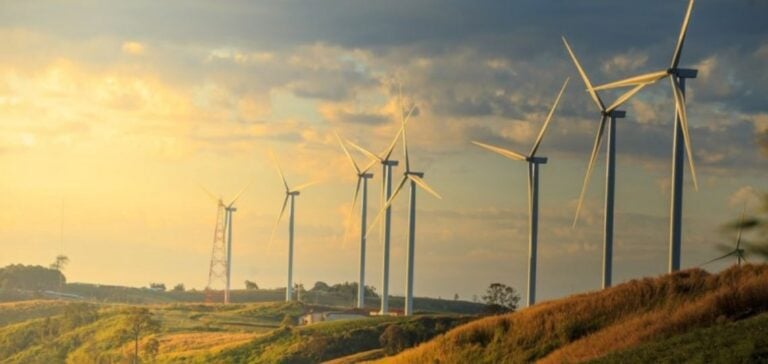Australian Prime Minister Anthony Albanese will unveil an ambitious program to modernize Australia’s industry, entitled the “Future Made in Australia Act”. The plan, due to be adopted this year, breaks with the old free-trade policies, and translates into substantial subsidies to propel Australia into the age of new industries. “We must be ready to break with old orthodoxies and pull new levers to advance the national interest,” declares Albanese. He compares the current transformations to the industrial and information revolutions, underlining their unprecedented scale and speed.
International comparison
Albanese’s plan is designed to compete with massive international investment in clean technologies, along the lines of Joe Biden’s U.S. Inflation Reduction Act. He also notes similar efforts by China, the European Union, Canada and Japan. “Australia can’t afford to sit on the sidelines. Being in the race doesn’t guarantee our success, but sitting on the sidelines guarantees failure,” he adds.
Implications for Australia
This Thursday, Anthony Albanese will be speaking in Queensland, the heart of Australia’s coal and gas industries. The new legislation is expected to catalyze investment in Australia’s renewable energy resources, including sectors such as battery production, green hydrogen and green metals, creating jobs and ensuring the competitiveness of the Australian economy.
With the “Future Made in Australia Act”, Australia is actively positioning itself in the global race for a cleaner, more sustainable economy, recognizing the strategic importance of investment in the industries of the future.






















